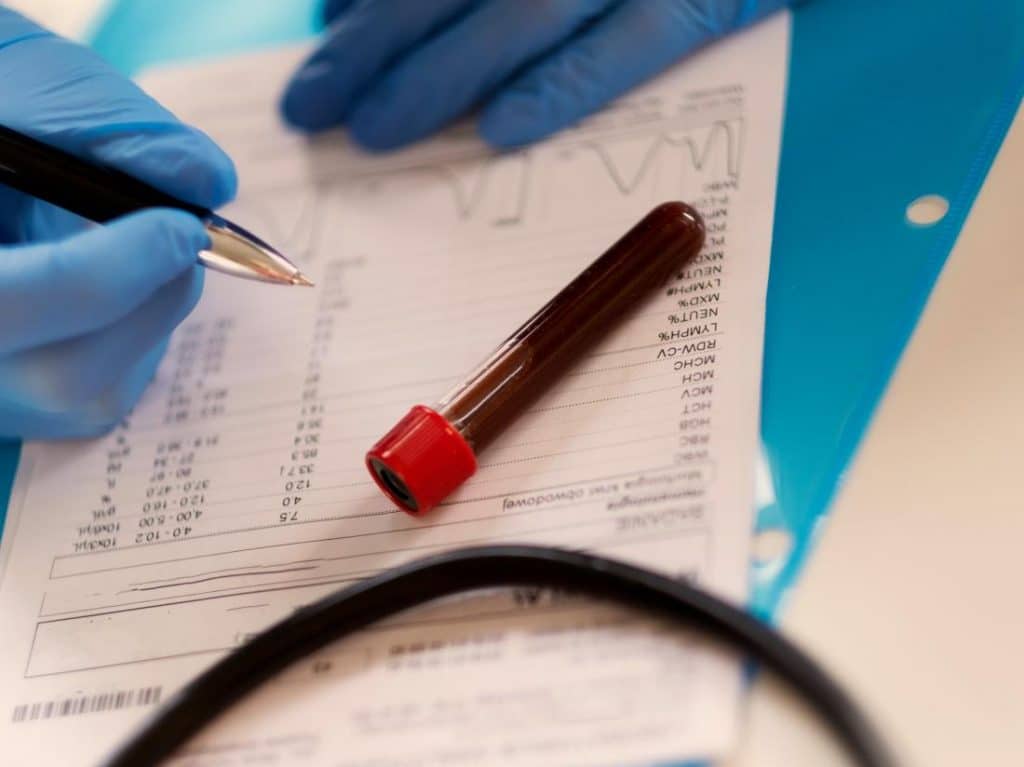If your doctor is like mine, readers, you probably think they’re running a blood bank for vampires somewhere. But as much as I kid, I do appreciate that once-a-year battery of blood work. Blood testing can detect the presence of conditions long before you have any real symptoms–think of it as your doctor looking under the hood if your body was a car!
Take a closer look at your annual blood work to ensure your doctor is ordering the most common tests people should have every year. If they are not, you can always request that these tests be done.
A broader thyroid panel
Most primary care offices test just one or two thyroid markers. Sometimes, however, the beginnings of a thyroid disease or dysfunction won’t show up on these tests. There are actually eight total values related to the thyroid that can be checked via blood work. While you may not necessarily need a broad test every year, you should have it done if you suspect you have a thyroid condition but your one or two marker tests came back in the normal range.
Vitamin D test
Vitamin D deficiency is pretty rampant in the US, with the Cooper Institute reporting that around 40 percent of adult in the US are likely deficient (https://www.cooperinstitute.org/2019/09/24/african-americans-at-greatest-risk-of-vitamin-d-deficiency). This is an essential vitamin your body needs to process calcium, support your immune system, support your mood and more. Make sure you have your level tested every year so you can adjust your diet or take a supplement as necessary. Our biggest source of this vitamin is sunlight, but with skin cancer concerns related to sun exposure, it’s getting more difficult to get the vitamin in this way.
Complete metabolic panel and blood count
These two blood tests should be ordered by your doctor every years because they offer so much information. Your doctor needs these tests to understand your kidney and liver functions, your blood cell values and your hydration and electrolyte status. They can also tell your doctor if you have clotting issues, anemia or an acute or chronic infection.
Full metabolic markers
These blood tests show your doctor how well you are processing what you eat. They check things such as your cholesterol levels and your blood sugar levels. Many conditions, including diabetes and even some heart issues, can be detected in the metabolic marker tests.




